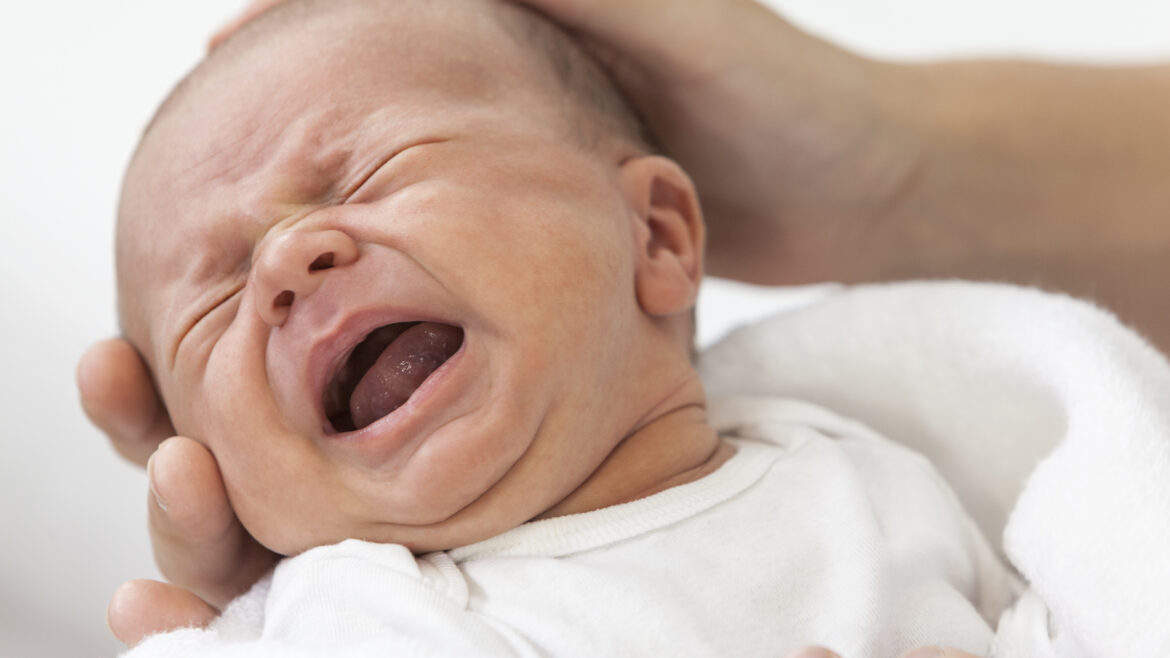GERD Less Likely Cause of Irritability and Back Arching in Infants
GERD Less Likely Cause of Irritability and Back Arching in Infants https://pediatricsnationwide.org/wp-content/uploads/2022/07/AdobeStock_48244950-1024x683.jpg 1024 683 Lauren Dembeck https://pediatricsnationwide.org/wp-content/uploads/2021/03/Dembeck_headshot.gifIn infants, frequent irritability and arching of the back can be concerning to parents and providers. These symptoms are often attributed to gastroesophageal reflux disease (GERD), a disease in which the lower esophageal sphincter does not close or opens at the wrong time. As a result, food and stomach acid can come back up into…



